Storm Restoration Timing and Planning
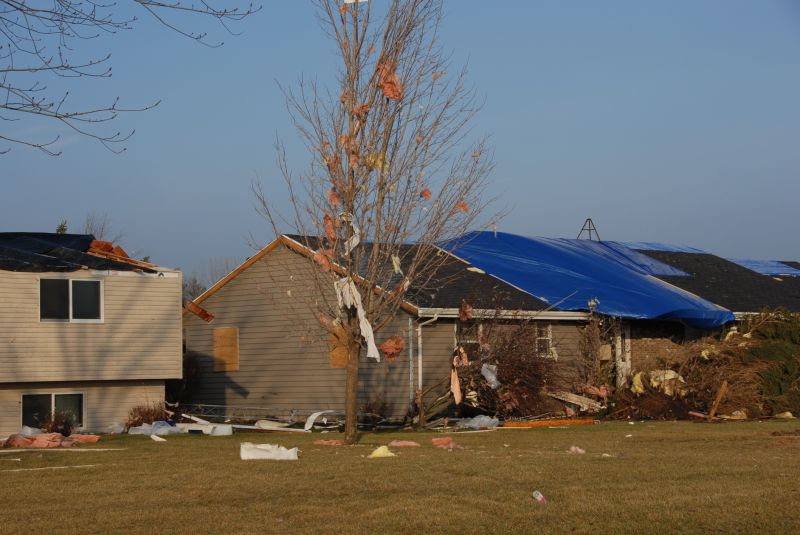
Timely inspections after storms help identify damage early, preventing further issues.

Performing restorations during calmer weather minimizes delays and ensures quality work.
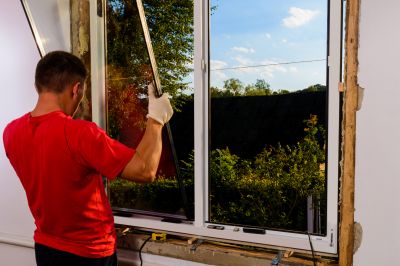
Preparation before storm season can reduce risks and expedite restoration efforts.
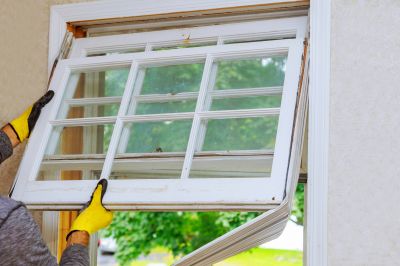
Ways to make Storm Restorations work in tight or awkward layouts.
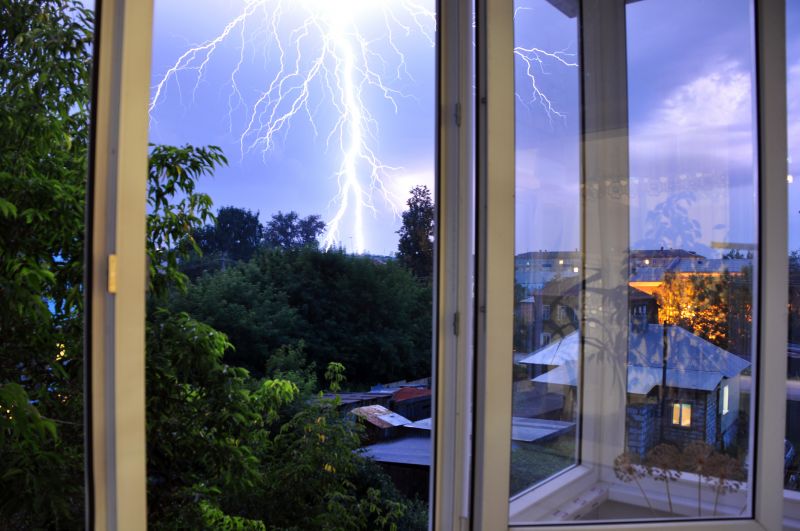
Popular materials for Storm Restorations and why they hold up over time.

Simple add-ons that improve Storm Restorations without blowing the budget.
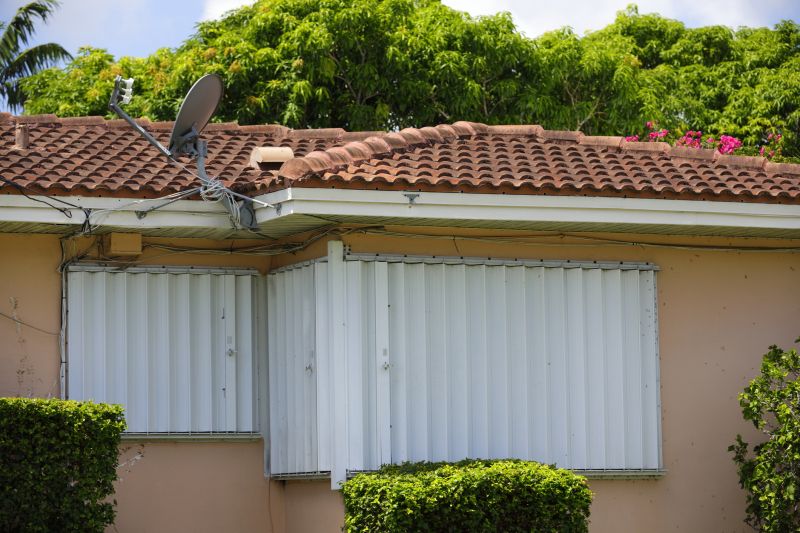
High-end options that actually feel worth it for Storm Restorations.

Finishes and colors that play nicely with Storm Restorations.
Storm restorations involve repairing and restoring structures affected by severe weather events such as high winds, heavy rain, hail, and storms. Proper timing of these restorations is crucial to ensure safety, efficiency, and long-lasting results. Addressing storm damage promptly can prevent secondary issues like water intrusion, mold growth, and structural deterioration.
Restoring damage immediately after storms can prevent further deterioration and reduce repair costs.
Off-peak seasons often provide better scheduling options and more favorable weather conditions for repairs.
Monitoring local weather forecasts helps determine optimal times for restoration work.
Pre-storm preparations can mitigate damage and streamline restoration processes.
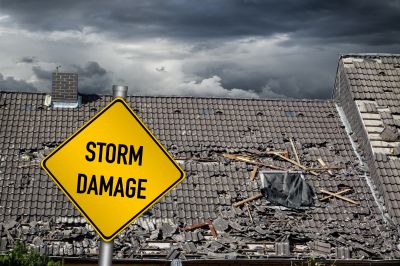
Visual assessments help determine the extent of damage after severe weather events.
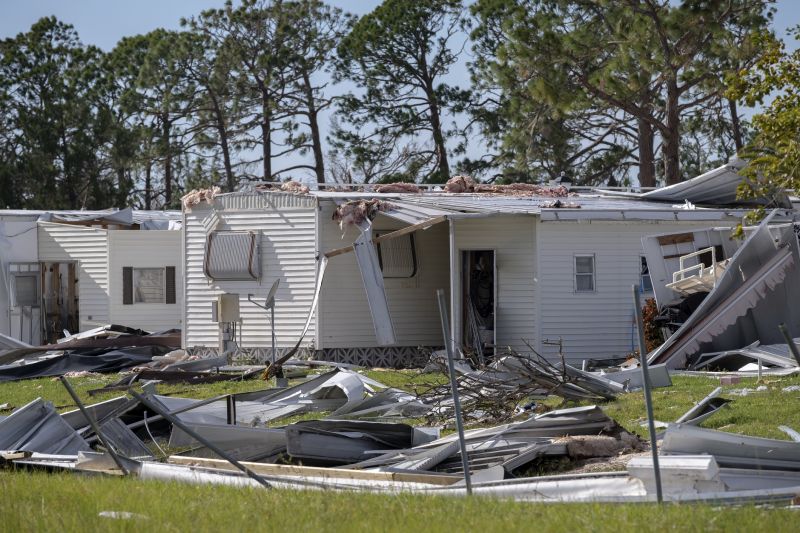
Scheduling repairs during stable weather conditions ensures safety and quality work.

Urgent fixes after storms can prevent further structural issues and water intrusion.
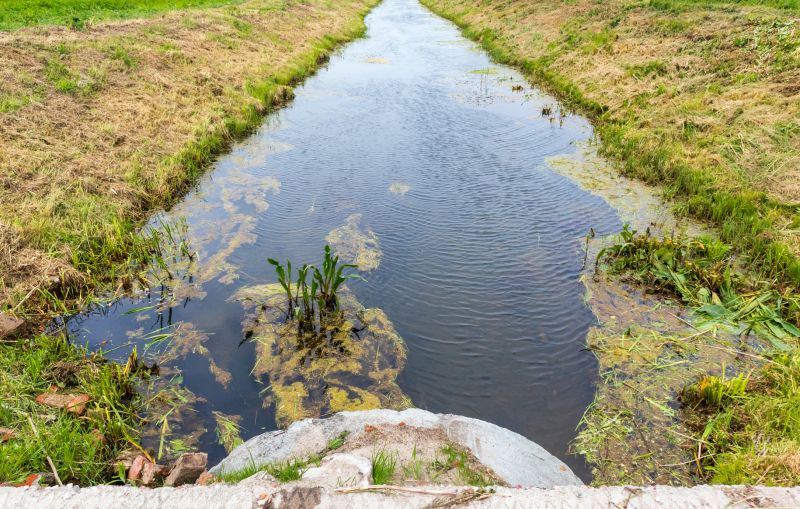
Aligning restoration projects with seasonal weather patterns optimizes results.
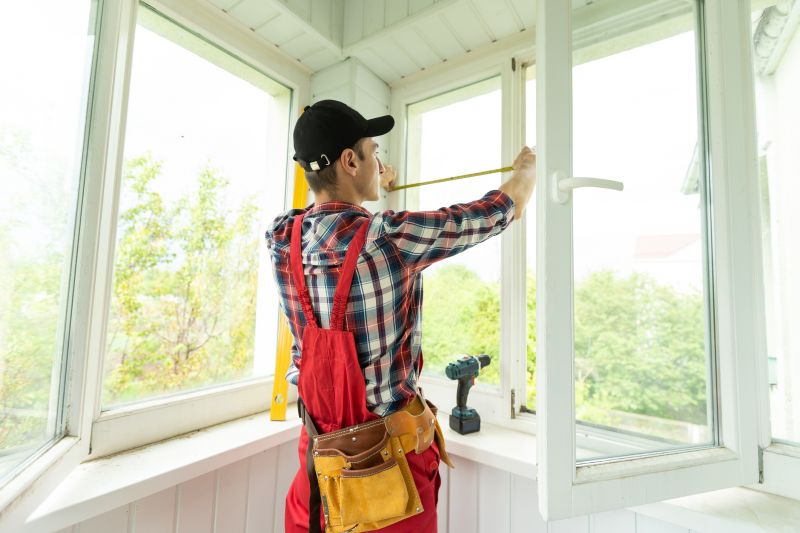
Little measurements that prevent headaches on Storm Restorations day.

A 60-second routine that keeps Storm Restorations looking new.
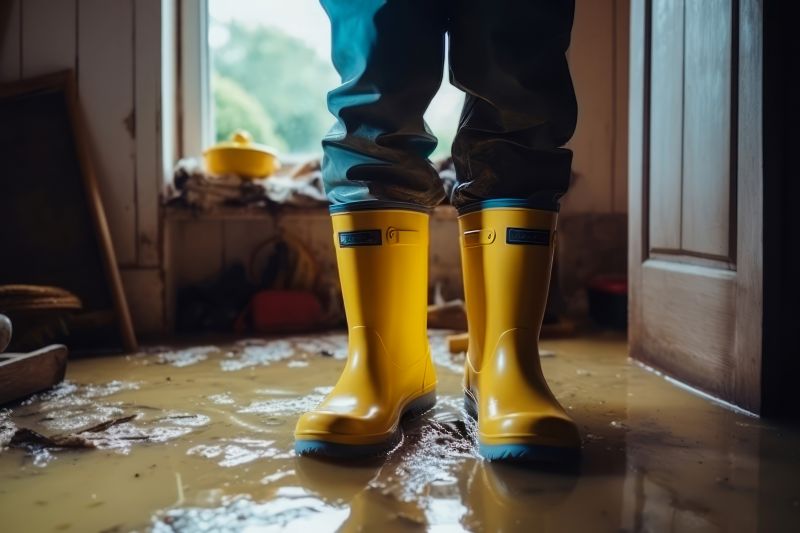
A frequent mistake in Storm Restorations and how to dodge it.

Small tweaks to make Storm Restorations safer and easier to use.
| Aspect | Details |
|---|---|
| Optimal Timing | Post-storm and off-season periods are ideal for repairs. |
| Weather Conditions | Stable, dry weather minimizes delays and safety concerns. |
| Damage Severity | Immediate assessment helps prioritize urgent repairs. |
| Cost Efficiency | Timely restorations can reduce overall expenses. |
| Safety Considerations | Waiting for safe conditions ensures worker safety. |
| Preparation | Pre-storm readiness can mitigate damage. |
| Inspection Frequency | Regular post-storm inspections prevent secondary damage. |
Understanding the best timing for storm restorations enhances the effectiveness of repair efforts. Proper scheduling based on weather patterns and damage assessment can lead to cost savings and improved safety. Continuous monitoring and planning are vital components of successful storm damage management.
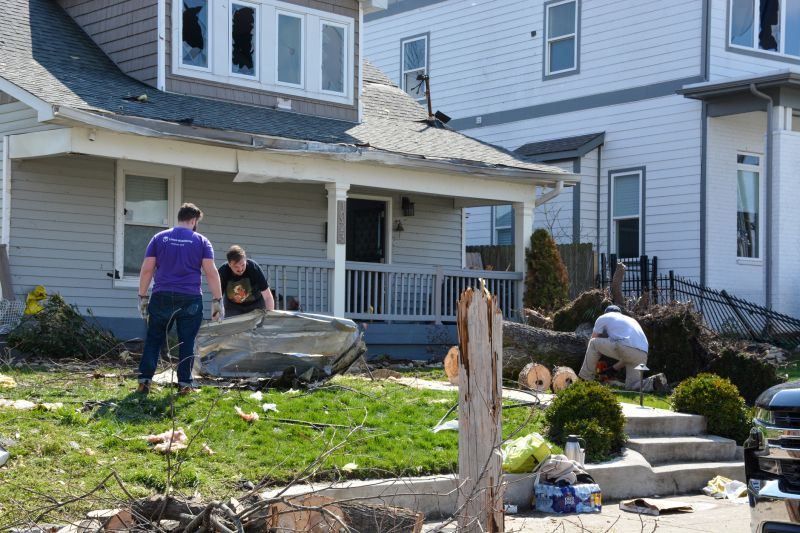
Restoring roofs, siding, and windows promptly after storms prevents further deterioration.
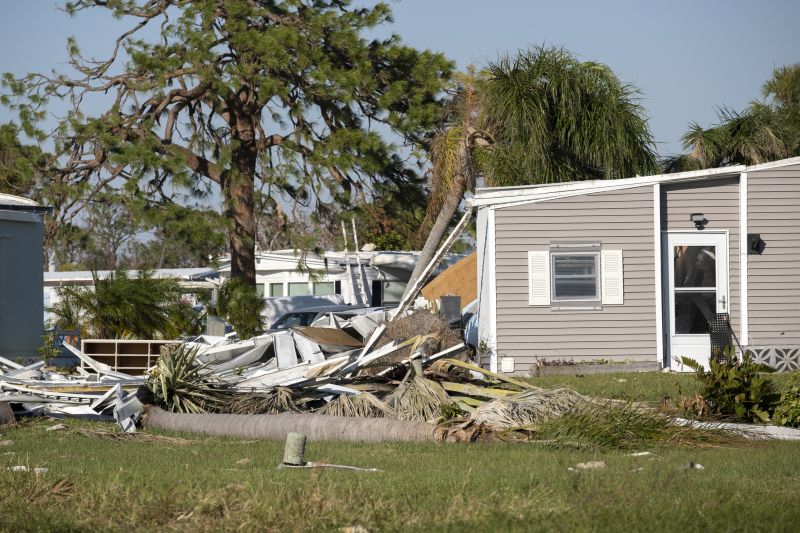
Inspection ensures structures are safe and ready for repairs.
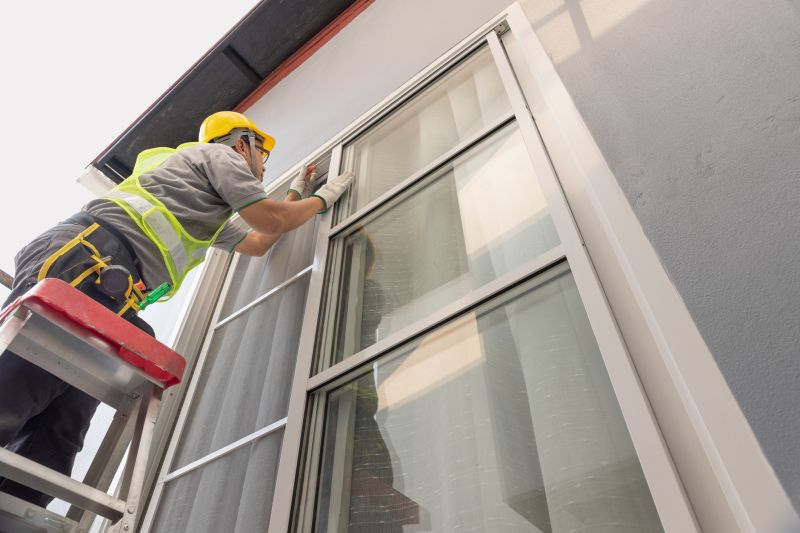
Scheduling during favorable conditions improves quality and safety.
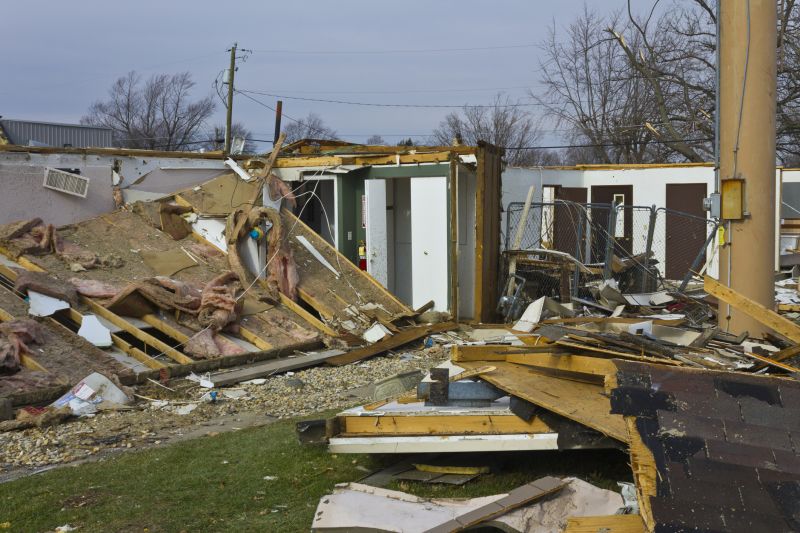
Pre-storm preparations can reduce the extent of damage.

Lower-waste or water-saving choices for Storm Restorations.
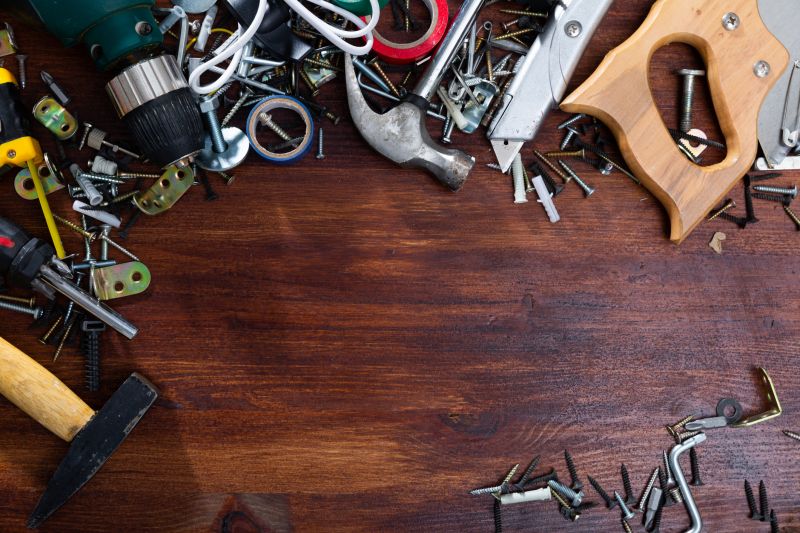
The short, realistic tool list for quality Storm Restorations.
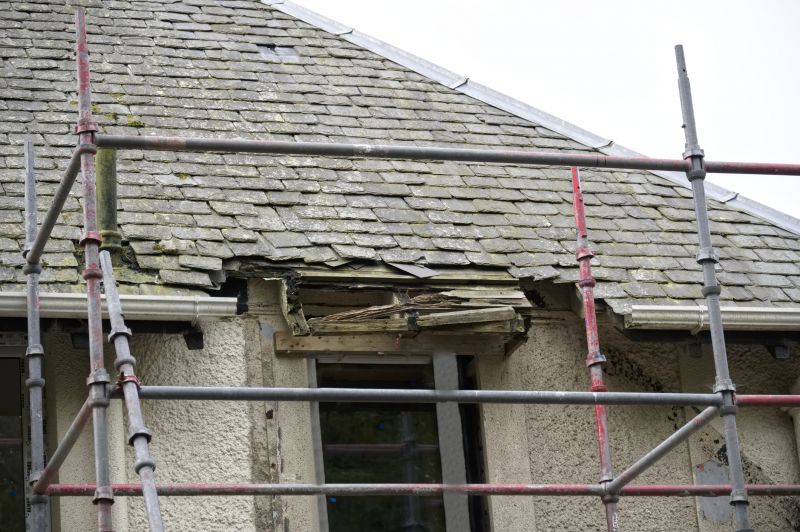
Rough timing from prep to clean-up for Storm Restorations.

Quick checks and paperwork to keep after Storm Restorations.
Interested parties are encouraged to contact for more information on storm restoration services and scheduling. Timely action can mitigate damage and support long-term structural integrity.
